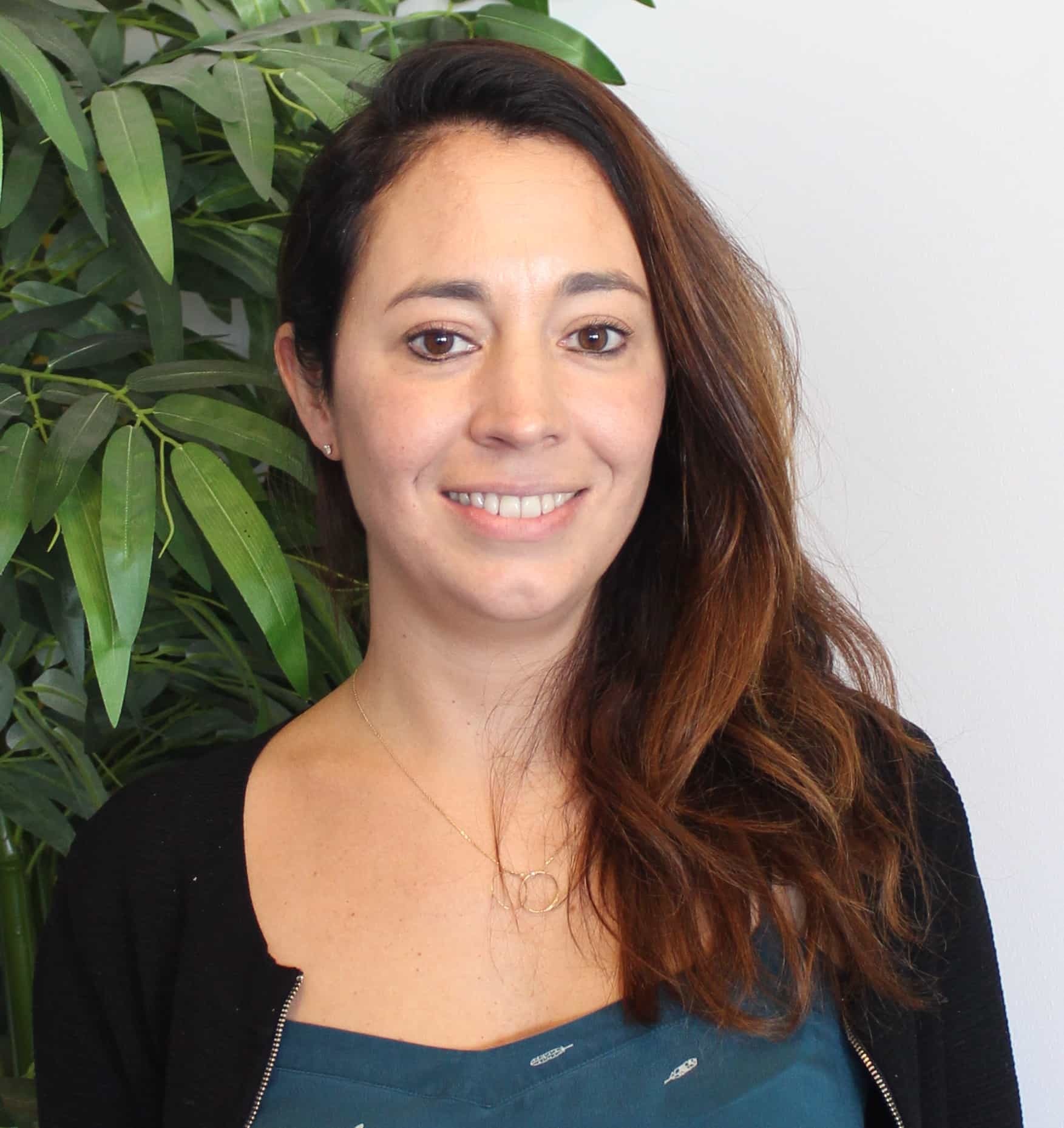Using digital tools to support people with mental or cognitive disabilities

Digital tools | Initial training
Duration
2 days
Public
Professionals
Rate
2700€ EXCL. TAX
Training presentation
Using digital tools to support people with mental or cognitive disabilities
Course duration
2 days or 14h
Target audience
Professionals working with people with autism, cognitive disorders and/or intellectual development disorders in medical-social establishments.
Prerequisites
Trainees must have acquired basic knowledge of how to support people with autism, cognitive disorders and/or intellectual development disorders.
Rate
2700€ EXCL. TAX
Contents
- Presentation of the various digital devices and necessary adaptations
- Identification of the advantages and limitations of digital technology and recommendations for its use
- Discover digital solutions by theme: hands-on activities, content creation, identification of pedagogical methods for implementation.
- Integrate digital technology into the life of the person being supported and draw up an individual digital usage program.
- Deploying digital tools in a medical-social establishment: the steps involved
Pedagogical objectives
- Discover the theoretical foundations and range of digital solutions for people with mental or cognitive disabilities
- Identify the advantages and limitations of digital tools for supporting people with mental and/or cognitive disabilities, and possible adaptations.
- Handle several solutions through workshops to understand how they work and their scope of use.
- Benefit from the insight of experienced users through testimonials and use cases
- Master the process of building an individual digital usage program: choosing tools, personalizing them and developing them according to the beneficiary’s profile and needs.
The trainers







Terms and conditions of access
Access to this training is generally initiated by the establishment.
A discussion with our teams will enable us to analyze needs, adjust content to trainee profiles, check pre-requisites and, if necessary, identify situations requiring adaptations.
Dates and times will be determined by mutual agreement between the parties involved.
Access time: maximum 3 months after first contact.
PROGRAM DAY 1
INTRODUCTION
Tour de table
Introducing the speaker, the professionals and formulating expectations
Discovering the benefits of digital technology
- The benefits and limits of digital support for people with disabilities
- Scientific foundations of the contribution of digital tools and review of the literature
- Best practices and recommendations for use
MODULE 1: Overview of digital devices
Using computers to support people with disabilities
- Discovery, advantages and limitations
- Possible and/or necessary adaptations
Touch screens and tablets to support people with disabilities
- Discovering touch interfaces
- Review of devices studied in the scientific literature
- Standard tablet features and settings
- Presentation of tablets developed for disability compensation
Opportunities offered by robotics
- Scientific validation of the benefits of using robots to support people with disabilities
- How to use
Feedback
MODULE 2 Choosing and adapting the digital tool to the person being supported
Choosing a digital tool
– Criteria and areas for adaptation
– Integration into the person’s project: establishing an individual digital usage program
– Personalization issues (sensitivity, environment, abilities, etc.)
– Rituals of use and evaluation
Ergonomics: Identify and try to remove obstacles to the use of a digital tool for a person with a mental or cognitive disability.
– Description and assessment of fine motor disorders
– Description and assessment of visual perceptual disorders
– Adapting the tool to the type of disorder
MODULE 3 – Tool discovery and manipulation (thematic approach) – Part 1
Alternating theoretical content, presentation of use cases, practical exercises, hands-on experience, group workshops and feedback.
For each theme:
- Presentation of the theme and HAS recommendations for good practice
- Digital solutions presentation
- In which contexts, for which profiles and in which ways to use these tools
- Case studies (videos and testimonials)
- Manipulations, creation of educational content, practical exercises, group workshops and feedback sessions
Theme 1: Getting to grips with digital technology
Theme 2: Developing independent leisure activities
Theme 3: Social interaction and emotion recognition
PROGRAM DAY 2
MODULE 3 – Tool discovery and manipulation (thematic approach) – Part 2
Alternating theoretical content, presentation of use cases, practical exercises, hands-on experience, group workshops and feedback.
For each theme:
- Presentation of the theme and HAS recommendations for good practice
- Digital solutions presentation
- In which contexts, for which profiles and in which ways to use these tools
- Case studies (videos and testimonials)
- Manipulations, creation of educational content, practical exercises, group workshops and feedback sessions
Theme 4: Communication
Theme 5: Time reference points
Theme 6: Learning the basics
MODULE 4 – Using digital technology to support caregivers and share practices
- Introducing and discovering the TSARA application
- Introducing the Applications-autisme.com collaborative platform
- Getting to grips with the tool: registration, search and referencing exercises.
Profile search exercises
MODULE 5 – Defining the school’s digital project
- Project framework : Beneficiaries and objectives, Professionals involved, Digital referents
- Elements of the pedagogical project : motivations, expectations, integration framework, current operations, setting up an internal organization
- Change management : Key factors for a successful digital project – Description of the phases of a pilot project
CONCLUSION
End of course quiz
Satisfaction questionnaire
